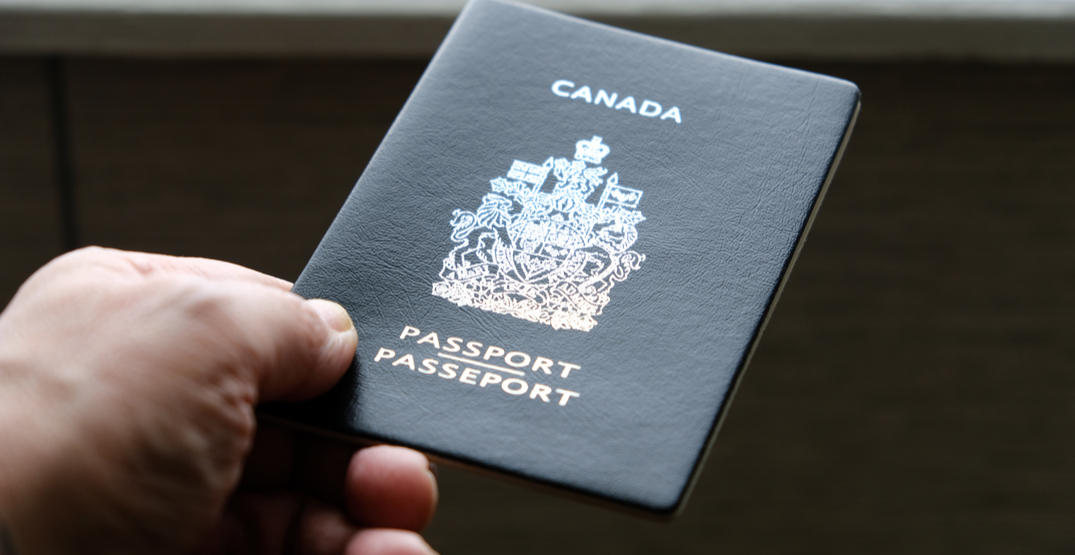Temporary Resident to Permanent Resident Pathway: Assessing the application against the policy conditions
Processing offices must follow procedural fairness guidelines if they are not satisfied that an applicant meets the criteria of the Temporary Resident to Permanent Resident Pathway. In such cases, the office must inform the applicant of their concerns, and the applicant must have the opportunity to respond and provide additional information in support of their application.
Qualifying work experience
Workers in Canada: Health care, Workers in Canada: Essential non-health care, French-speaking workers in Canada: Health care and French-speaking workers in Canada: Essential non-health care
Work experience must meet the following requirements:
- the work experience must be equivalent to at least 1 year of full-time work experience and must have been acquired in the 3 years preceding the date when the application for permanent residence is received
- the applicant must have been authorized to work in Canada
- the work must have occurred in Canada
- the work must be in an essential occupation listed in Annex A or Annex B
- the applicant must have been paid wages or commission
- the applicant must not have been self-employed, unless they were working as a medical doctor in a fee-for-service arrangement with a health authority
The 1 year of work experience can be acquired through multiple periods of employment but must equal at least 1,560 hours in the 3 years before the application for permanent residence is received. Work experience must be acquired over a period of at least 1 year; work in excess of 30 hours per week over a shorter period cannot compensate for any shorter overall period of experience.
An allowance for a reasonable period of vacation time will generally be made in calculating the period of qualifying work experience (for example, a 2-week period of paid vacation leave within a given 52-week period in which the applicant was engaged in qualifying work experience). An allowance for normal vacation time during a period of qualifying work experience cannot be used as a substitute or proxy for meeting the in-Canada element of the work experience requirement (in other words, work experience obtained outside Canada while the applicant was on vacation from their work in Canada will not be counted as part of the period of in-Canada work experience). While officers will account for a reasonable period of vacation time in calculating the period of qualifying work experience in Canada, each application is considered on its own merits with a final decision based on a review of all the information available to the officer at the time of decision.
Work experience must have been authorized
Principal applicants should provide a copy of the work permit or study permit that demonstrates that they held authorization for the time worked. If it is not provided, officers shall verify authorization to work in the Global Case Management System (GCMS). Some applicants may have had authorization to work without a work permit or have been authorized to work by virtue of their study permit. Please review Temporary Residents: Students for more information about work while studying.
In order to determine whether an applicant was authorized to work without a work permit, please consult International Mobility Program: Authorization to work without a work permit.
Currently, there are public policies allowing foreign nationals interim work authorization: former work permit holders with job offers may work while their restoration and work permit applications are being processed. Please review Public policy exempting certain out-of-status foreign nationals in Canada from immigration requirements: COVID-19 program delivery to determine whether the applicant was authorized to work.
In Canada
Employment must have occurred in Canada. In most cases, employer letters of reference or employment contracts will contain the location of work. Work experience acquired while working for a Canadian company outside of Canada is ineligible for this public policy.
Essential occupations
The 1 year of work experience must be obtained in one or more of the eligible occupations listed.
Eligible health-related occupations
The 1 year of work experience must have been acquired in one or more occupations listed in Annex A only. Experience cannot be combined with Annex B occupations. If an applicant has combined their work experience from Annex A with Annex B occupations, they do not meet the requirements of this stream and shall be refused.
Other eligible essential occupations
The 1 year of work experience must have been acquired in
- one or more occupations listed in Annex B or
- a combination of occupations in Annexes A and B
If an applicant only has work experience in occupations listed in Annex A, they do not meet the requirements of this stream and shall be refused.
For the periods of work experience claimed in the application, all applicants must demonstrate they performed both of the following:
- the actions identified in the initial lead statement of the NOC description
- a substantial number of the main duties listed in the NOC description, including all the essential duties and all the duties that distinguish a particular occupation from any other
- Duties that begin with “may” in the NOC description are not usually considered to be essential duties.
There are considerations for applicants with experience in NOC 4031 (secondary school teachers) and NOC 4032 (elementary school and kindergarten teachers):
- Work experience acquired in NOC 4031 and 4032 is only eligible if the language of instruction was French.
- There is no restriction on the subject of instruction, provided the delivery was in French (for example, experience as a math teacher is eligible if they were teaching in French).
- There is no requirement that the language proficiency be demonstrated by a French language test.
Wages or commission
The employment must meet the definition of work under subsection 73(2) of the Immigration and Refugee Protection Regulations (IRPR).





